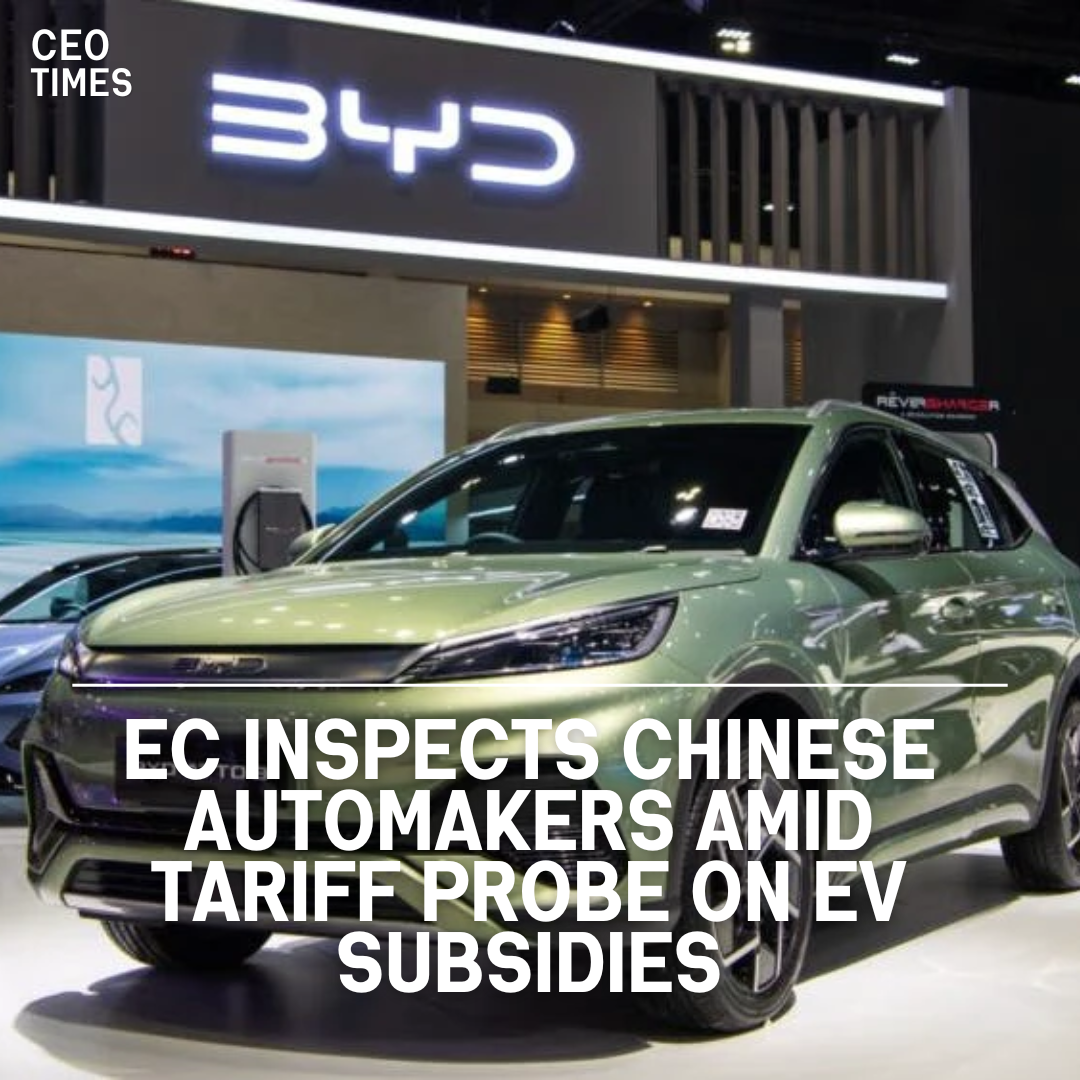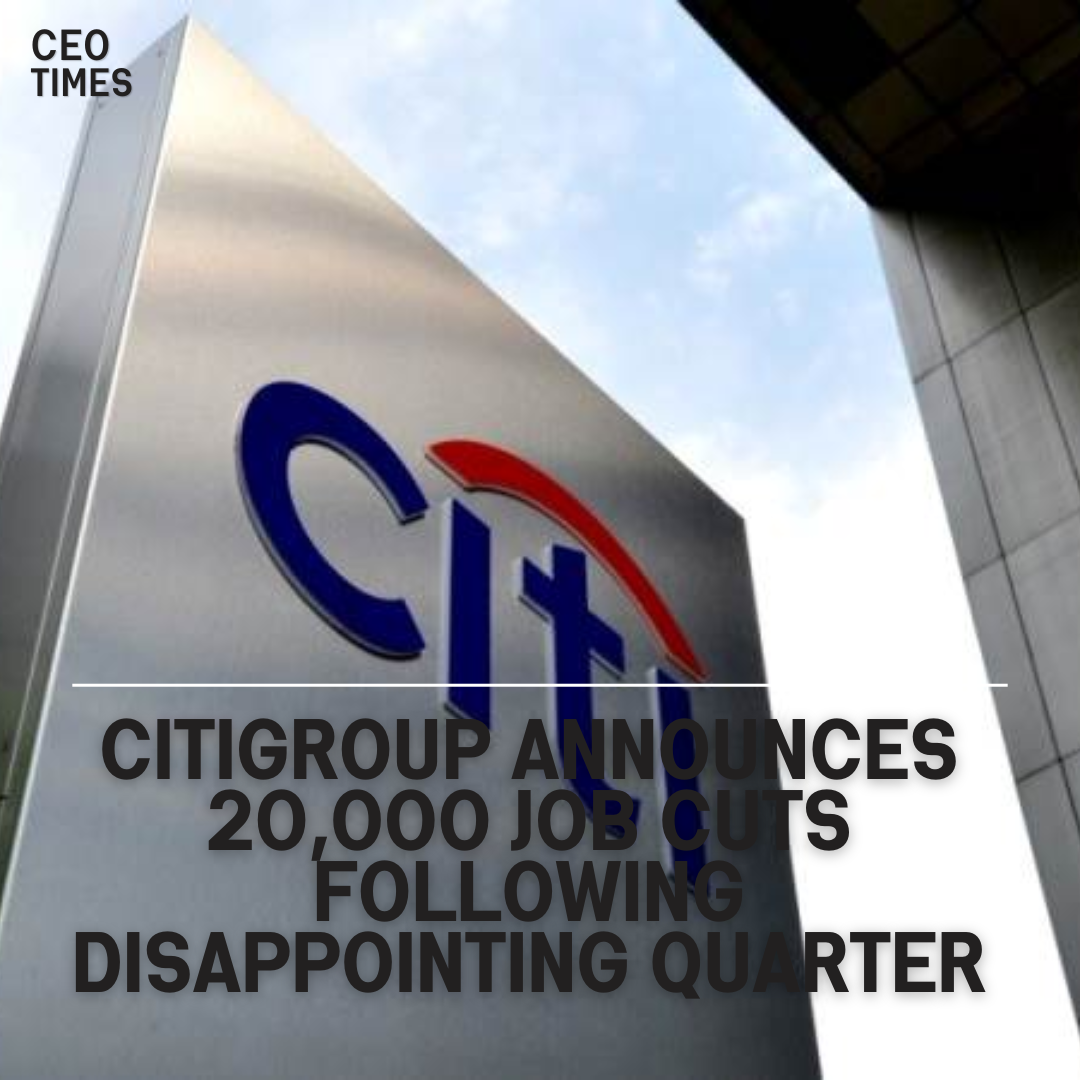The European Commission (EC) is set to investigate Chinese automakers, including BYD, Geely, and SAIC, in the upcoming weeks as part of a probe into potential punitive tariffs.
The investigation aims to assess whether Chinese electric vehicle (EV) manufacturers benefit unfairly from state subsidies, escalating tensions between Beijing and the European Union (EU).
Exclusion of Non-Chinese Brands in Probe:
Inspections will focus solely on Chinese brands produced in China, excluding non-Chinese brands like Tesla, Renault, and BMW.
The probe, initiated in October and scheduled for 13 months, addresses concerns about the competitive advantage of cheaper, Chinese-made EVs benefiting from state subsidies.
The European Commission confirmed its plan to carry out verification visits at the premises of selected Chinese and EU producers in January-February 2024.
The visits aim to verify the responses given by the automakers to the questionnaires provided during the investigation’s initiation stage.
China’s Response and Ongoing Trade Tensions:
China’s commerce ministry, BYD, and SAIC have not immediately responded to requests for comment. While declining to comment, Geely reiterated its commitment to following all laws and supporting global fair market competition.
The investigation has intensified trade tensions between China and the EU, with China recently opening an anti-dumping investigation on brandy imported from the EU.
Growing Share of Chinese-Made EVs in the EU Market:
Chinese-made vehicles now hold an 8% share of the European Union’s EV market, a figure expected to rise to 15% by 2025.
These EVs typically sell for 20% less than their EU-made counterparts. The EU probe aims to ensure fair competition and address concerns about the impact of state subsidies on market dynamics.
Global Expansion Efforts by Chinese EV Makers:
Chinese EV manufacturers, including BYD, Xpeng, and Nio, are intensifying efforts to expand overseas as competition in the domestic market grows.
Last October, Great Wall Motor became the first automaker to submit responses to the EU subsidy investigation, reflecting the issue’s significance in the global automotive landscape.
Strained relations between China and the EU, exacerbated by geopolitical factors and Beijing’s closer ties with Moscow, contribute to the EU’s efforts to reduce reliance on China for its green transition.
The EU aims to secure materials and products necessary for its environmental goals while balancing trade relationships with the world’s second-largest economy.
China’s Growing Auto Export Status:
China, estimated to have surpassed Japan as the world’s largest auto exporter the previous year, shipped 5.26 million vehicles valued at about $102 billion.
This further underscores China’s prominent position in the global automotive market and the increasing importance of addressing trade-related issues.




















